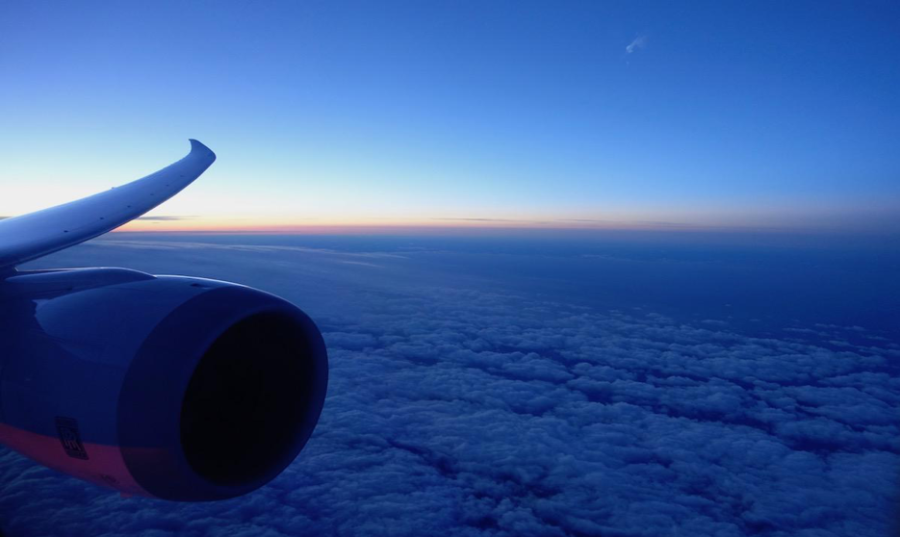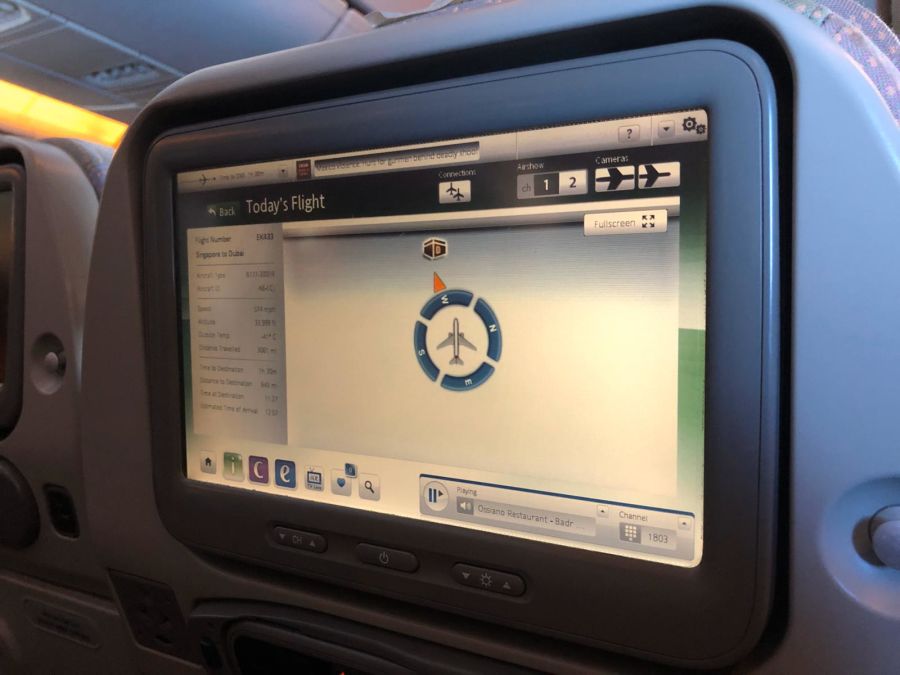Praise be to Allah. As Muslim travellers, we have to plan so that we can happily travel without worries. From finding halal and Muslim-friendly food to how we can perform our prayer in places with limited space and across different time zones, we can still practice our faith while travelling. Alhamdulillah, one of the beauties of Islam is the fact that it provides alternatives that ease all our obligatory duties. Islamalleviates difficulties while preserving the well-being of humanity. Allah mentioned in Surah Al-Baqarah,

1. How to pray while travelling

a. How and when can I combine or shorten my prayers?
Combining and shortening prayers are defined by the terms Jama and Qasar. Combining and shortening prayers in travel is a concession that Allah has granted to us.Jama prayers mean that you can combine two different prayers by performing them at one time, either in the timing of the first prayer or the second prayer. Usually, this applies to combining the Zohor and Asar prayers (prayed during Zohor or Asar), or the Maghrib and Isyak prayers (prayed during Maghrib or Isyak). Qasar prayers mean that you can shorten prayers while you are travelling. This only applies to 4 rakaat prayers (Zohor, Asar, Isyak) which can be shortened to 2 rakaat prayers.
However, for you to be able to combine and shorten your prayer, the minimum travel distance required is at least 2 Marhalah (meaning ‘period’ in Arabic, it is a traditional measure of distance), however, contemporaryscholars vary on the actual distance in kilometres. Generally, it is understood to be between 82-89 kilometres. For reference, the distance between Singapore and London is 10,841km, between Singapore and Japan is 5,246km, and between Singapore and Thailand is 2,107km.According to Syafie Fiqh School of Thought, we can combine and shorten our prayers for 5 days which include the day of arrival (1 day) and the day of departure (1 day). However, there are other views that did not limit it to just 3 days.
b. How do I know when it’s time to pray during a flight?
It is very important for you to plan and know when you will be travelling and the prayer time during your journey to the destination. Always plan your prayers beforehand especially when you are taking a long-haul flight that can last more than 8 hours or cross multiple time zones. By planning, you can roughly prepare alternatives and ways to ease your prayer without worrying while you’re up in the sky.Nowadays many mobile apps can display prayer times from around the world. You can use these to check the prayer times of your departure and arrival destinations before getting on your flight. Some apps such as Sky Prayers and Halal Trip also allow you to keep up to date with accurate flight times and Qiblat direction while you’re in the sky! You may also use the in-flight information screen to double-check the timing that the application provides. Some airlines even have dedicated tabs in their in-flight systems providing information on prayer times or the direction of the Qiblat.



Before we start to perform our prayer, we have to take Wudu’ (Ablution) as per the rule. As most planes or long-distance trains have washrooms on the vehicles, we do not need to perform the tayammum as we have access to water. According to the office of Mufti Singapore, you are only required to wash the Wajib parts of your body once, which are your face, upper limbs, head, and lower limbs. However, do not waste water while performing your ablution and make sure that the toilet area is clean after you use it!Scholars agree that we should perform the five obligatory (Fard) prayers standing whilst facing the Qiblah where possible. However, due to the limited space, safety regulations, and other circumstances, we may be on a plane or train, and it may not be possible to do so in such vehicles. In these situations, you may opt to face the Qiblah (prayer direction) only during the ‘Takbiratul Ihram’ and continue performing your prayer facing any direction afterwards whilst sitting. Click here to read more tips for praying while on a plane.

2. How do I find halal food overseas?
One of the most difficult challenges that we face as Muslim travellers are finding halal food overseas. Several countries including Singapore, Malaysia, Indonesia, Thailand, Japan, South Korea, Taiwan, and Hong Kong have their local Muslim authorities that provide halal certification. But outside of these countries or in regions such as South America and Europe, it might be difficult to find out what is suitable or not.

- Do they have halal-certified meat? (Some restaurants may serve a fully halal menu alongside alcoholic beverages due to local drinking customs. Other places may have specific items such as chicken or beef that are halal-certified.)
- Do they have seafood, vegetarian, or vegan options? (Seafood options are safe to consume, whereas many places that are purely vegetarian or vegan will have little to no animal byproducts at all.)
- Is it possible to remove the alcohol or other animal byproducts from the selected dishes? (For example, ask if you can substitute beer-battered fish and chips for grilled fish or a different batter. Other alcohol or animal byproducts to look out for include gelatin, shortening, oil derived from non-certified beef or other animals, cooking wine, and vanilla extract.)
On any options you choose, you may wish to double-check with the restaurant on the ingredients of the food before you purchase. In some countries, generally, they will be more than delighted to share the ingredients with you! When choosing food, it depends on personal discretion and choices. Thus, do respect the customs of local Muslims as well and avoid casting judgement. We recommend that you dine at your own discretion.
3. How do I ensure the utensils at my accommodation are suitable?

- You can use a shared fridge or microwave. If you are very particular, you can ensure there is no direct contact between your food with the non-halal food by properly wrapping your food before placing it in the fridge.
- You can still use the utensils (e.g. cooking boards, pots, pans, forks, spoons) provided, just make sure that it is clean. According to Imam Annawawi, there is no need for you to do ritual cleansing (sertu) if you are confident with the utensils. However, if you are uncomfortable with that option, you may wish to bring the sertu soap. It is so easy now that you can find it at selected supermarkets in Singapore! You may wish to refer to MUIS’ Contemporary Irsyad Series for a more detailed explanation.
If you would love to know more about the fiqh of travelling, do sign up for the ‘Traveller’s Fiqh course by ADIL SG. It’s free! Now, you are ready and set to go on your next great adventure. We hope that this guide will help you have a worry-free travel experience! Happy travelling!
Ustazah Nursyahiirah and Ustaz Syazwan Elrani are members of the Asatizah Youth Network in Singapore.


